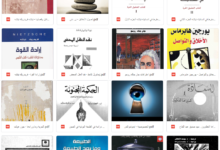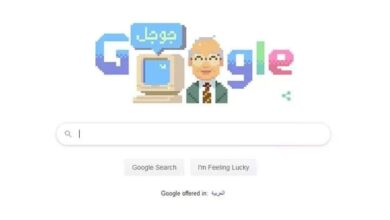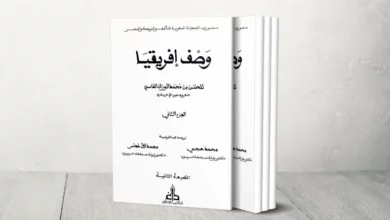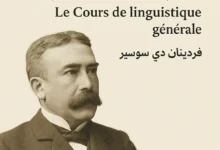مبادئ اللاعنف لحماية الخصوصية في العصر الرقمي
معد حسن عبدالأمير جعفر الخرسان
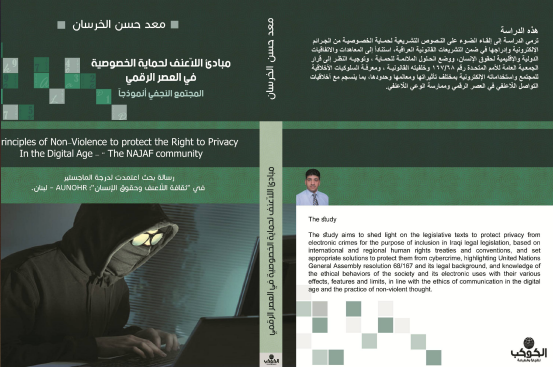
- نبذة مختصرة عن كتاب الدراسة
ترمي الدراسة في هذا الكتاب إلى إلقاء الضوء على النصوص التشريعية لحماية الخصوصية من الجرائم الإلكترونية وإدراجها في ضمن التشريعات القانونية العراقية، استناداً إلى المعاهدات والاتفاقيات الدولية والإقليمية لحقوق الإنسان.
ووضع الحلول الملائمة للحماية، وتوجيه النظر إلى قرار الجمعية العامة للأمم المتحدة رقم 68/167 وخلفيته القانونية، ومعرفة السلوكيات الأخلاقية للمجتمع واستخداماته الإلكترونية بمختلف تأثيراتها ومعالمها وحدودها، بما ينسجم مع أخلاقيات التواصل اللّاعنفي في العصر الرقمي وممارسة الوعي اللّاعنفي.
ولتحقيق أهداف البحث، اتخذنا المناهج العلمية الآتية: المنهج التاريخي، لبيان حرمة الحياة الخاصة عبر الحضارات القديمة بدءاً من الحضارة الأولى وصولا إلى العصر الحديث؛ والمنهج الوصفي، لبيان التأثيرات التكنولوجية في الخصوصية، والسلوكيات الأخلاقية في أستعمالها.
وكان عدد الاستمارات المتسلمة 154 من أصل 163بنسبة 94.4%، لمجتمع البحث العشوائي في النجف، والمكونة من 47 سؤالا، بينها أسئلة إنشائية للتعرّف على آرائهم المختلفة؛ والمنهج المقارن، لمقارنة القوانين الدولية والإقليمية والمحلية لبيان الاهتمام بالخصوصية وحمايتها في العصر الرقمي مع الدول التي لا تمتلك قوانين خاصة لحمايتها ومنها العراق.
وبين أبرز النتائج التي توصّلنا إليها: انعدام الثقة الكاملة بالمواقع الإلكترونية لكثرة الانتهاكات الخطيرة التي تطال الخصوصية، فضلاً عن عدم سنّ قوانين خاصة لحمايتها في العراق، السبب الذي وقف عائقاً أمام اللجوء إلى القضاء العراقي للأشخاص الذين تعرضوا إلى العنف الرقمي الأكثر خطورة من العنف الجسدي، الأمر الذي يفضي إلى أولوية مواجهة تلك الانتهاكات بأسلوب لاعنفي، بوصفه الضمانة الجوهرية في دعوة الآخر إلى التصرف بالمثل حرصاً على احترام الذات والغير.
كما تضمّنت النتائج توصية بتشريع قانون خاص لحماية الخصوصية من الجرائم الإلكترونية، والاهتمام بالدور التربوي والتعليمي للأسرة والمدرسة لتأهيل الأجيال بالتعامل مع العصر الرقمي بالصورة الخالية من العنف وتحفيزها على اتباع الوسائل اللّاعنفية لمواكبة هذا العصر، وأهمية تنقية الخطاب الديني من كل ماله علاقة بالعنف،كي يتساوق مع قيم العصر وسلوكياته الأخلاقية والقانونية النابذة للعنف.
وذلك انسجاماً مع التطورات العلمية والتقنية وثورة الاتصالات والمواصلات وتكنولوجيا الإعلام والطفرة الرقمية “الديجتل”، من أجل رفض كل اعتداء على الحياة الخاصة واحترام حقوق الآخرين تحت أي ظرف كان.
- Abstract in English
Principles of Non-Violence to protect the Right to Privacy
in the Digital Age –The NAJAF community in Iraq
The study aims to shed light on the legislative texts to protect privacy from electronic crimes for the purpose of inclusion in Iraqi legal legislation, based on international and regional human rights treaties and conventions, and set appropriate solutions to protect them from cybercrime, highlighting United Nations General Assembly resolution 68/167 and its legal background, and knowledge of the ethical behaviors of the society and its electronic uses with their various effects, features and limits, in line with the ethics of communication in the digital age and the practice of non-violent thought.
To achieve the objectives of the study, we adopted the historical approach to demonstrate the inviolability of private life through the ancient civilizations starting from the first civilization till the modern era, and the descriptive approach, to demonstrate the technological impact on privacy, and ethical behaviors to use. The number of forms received was 154 out of 163 by 94.4%, for the random community study in Najaf, consisting of 47 questions, including structural questions to identify their various views, and the comparative approach, to compare the international, regional and local laws in order to show the concern for privacy and protection in the digital age in countries that do not have special laws to protect them, including Iraq.
The most important findings we reached, the lack of full confidence in the websites due to the proliferation of serious violations affecting privacy, in addition to the lack of special laws to protect them in Iraq, making the resort to Iraqi justice impossible for persons subjected to digital violence, more serious than physical violence. So in order to confront those violations in a non-violent manner, is the only guarantee: to invite the other to behave similarly in compliance with self-respect and others’ respect.
The results also included a recommendation to legislate a special law to protect privacy from cyber-crimes, and take care of the educational and teaching role of the family and the school to rehabilitate the children through dealing with the digital age in a non-violent manner and to stimulate non-violent means to cope with this age, and most important to purify the religious speech from everything related to violence in compliance with the values and ethics of the age and its moral and legal behaviors repelling violence in accordance with scientific and technical developments, the communications, mass media , news media, news technology revolution and the digital boom, in order to prevent aggressing private life and respect others’ rights under all circumstances.


